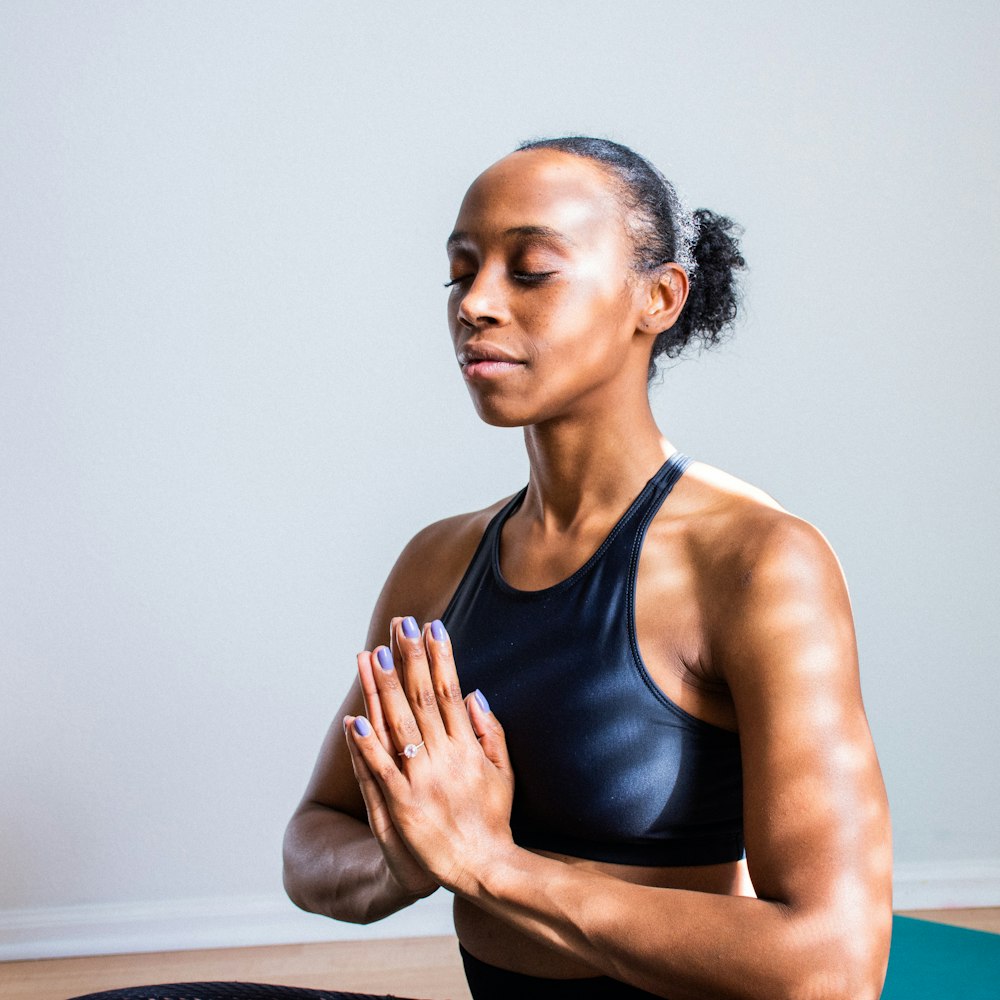Written by: Ashley Corr

“Health” and “wellness” are words that are so commonly married. If you use them separately they could nearly be interchangeable. But if they really did mean the same thing, their ubiquitous pairing would be horribly redundant. So what’s the difference? And why is it important that they are in union?
Health, I’d argue, tends to steal the limelight. For example, a term like “health care” is of utmost demand globally, whereas “wellness” tends to fall into the background. A societal emphasis on health is essential, whether that be something immediately urgent like treating a broken leg or seeking treatment for depression or anxiety. We all need to be healthy—but what does health encompass exactly?
The World Health Organization defines health as “a state of complete physical, mental and social well-being and not merely the absence of disease or infirmity.” This definition is rather lofty and thank goodness it is—health should be shooting for an optimum state of being. Human beings must strive to improve every aspect of our ability to be. But has anyone ever reached the top? The answer is easy: no. No one is the pinnacle of health because our bodies and our minds are never going to be perfect. And our ability to remedy our condition is never going to be perfect. But both can be better. That means that “health” is always a goal.

Wellness, on the other hand, is trickier to pin down definitively—World Health Organization certainly doesn’t have the answer in their FAQs. But I think that is partially due to the word’s innate perpetuity. Just as “happiness” and “kindness” are abstractions that we have to continually consider, wellness also suggests a kind of “work in progress” status. Wellness, similar to health, isn’t something that one can just “solve” as if it were a case of the common cold. It doesn’t have a start or finish.
The American Journal of Health Studies has said that, “wellness is an integrated method of functioning involving body, mind, and spirit in a positive progression.” The beautiful part of this definition is its fluidity—it’s about a holistic progression. Wellness is not necessarily a state of being like health; wellness is a method. It’s a practice, a routine—not just a goal.
Some people, I’m sure, may object to an explanation of wellness that emphasizes “spirit.” I don’t, however, because “spirit” isn’t based solely on its religious, magical, or soulful meanings. Spirit can be deeply cultural but it is also deeply personal. Living isn’t just about having a functioning human body and mind. Being alive is about having a connection with the world and having personal willpower. An essential form of healing is tending to one’s identity, purpose, and emotions. It’s neglectful to count spirit out of the equation when it comes to wellness simply because it’s harder to define. Of course, a spirit is intangible—but so is wellness altogether. Denying the importance of spirit can cause all kinds of needless disparities that are hurting our ability to empathize and care for everyone’s health and wellness, regardless of their religion, identity, or background. Without spirit as an essential component of wellness, there are fewer differences between health and wellness—making the conjunction of the words less important.
Health and wellness are bound together because you can’t have goals without ways of meeting those goals. Health may be what we want but we’d have no chance of getting there if we didn’t focus on personal wellness. Wellness is a ceaseless battle. We have to get up everyday and think about our mind, body, and spirit and we have to try and understand each other’s. Focusing on wellness is the only way to truly have a chance of actualizing our vision of health.

